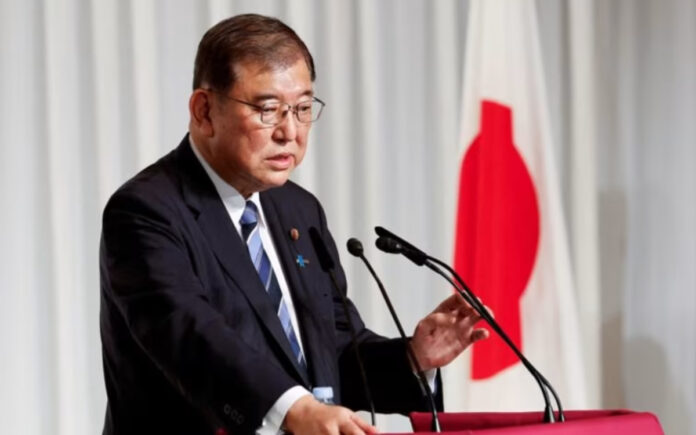Tokyo: Japanese Prime Minister Shigeru Ishiba has called on U.S. President Joe Biden to ease apprehensions within the Japanese and American business communities regarding Nippon Steel’s proposed acquisition of U.S. Steel.
Ishiba made the appeal during a virtual trilateral meeting with President Biden and Philippine President Ferdinand Marcos Jr. on Monday. The discussion primarily focused on economic security and maritime cooperation in the South China Sea, according to a spokesperson from Japan’s Ministry of Foreign Affairs.
Call for Economic Stability
“Prime Minister Ishiba pointed out that cooperation among allies and like-minded countries is indispensable for establishing resilient supply chains, and that it is important to make efforts to ensure that companies can invest with peace of mind in order to promote economic security,” the spokesperson stated.
During the meeting, Ishiba specifically highlighted the $14.9 billion Nippon Steel-U.S. Steel acquisition, emphasizing the importance of safeguarding investments to foster stronger economic partnerships.
Concerns Over National Security
The Biden administration has delayed an executive order requiring Nippon Steel to abandon its bid for U.S. Steel, extending the decision-making period until June. Earlier this year, on January 3, President Biden blocked the acquisition, citing national security concerns.
Also Read | Taiwan Warns of Sharp Increase in Chinese Espionage Cases
Both companies confirmed the extension of the review period on Saturday, signaling continued negotiations and heightened scrutiny.
Also Read | High Winds Threaten Progress as LA Wildfire Battles Continue
Global Implications
The Nippon Steel-U.S. Steel deal represents a significant intersection of economic collaboration and geopolitical considerations. It underscores the delicate balance between fostering international business ties and ensuring national security—a challenge both nations must navigate in the evolving global landscape.



